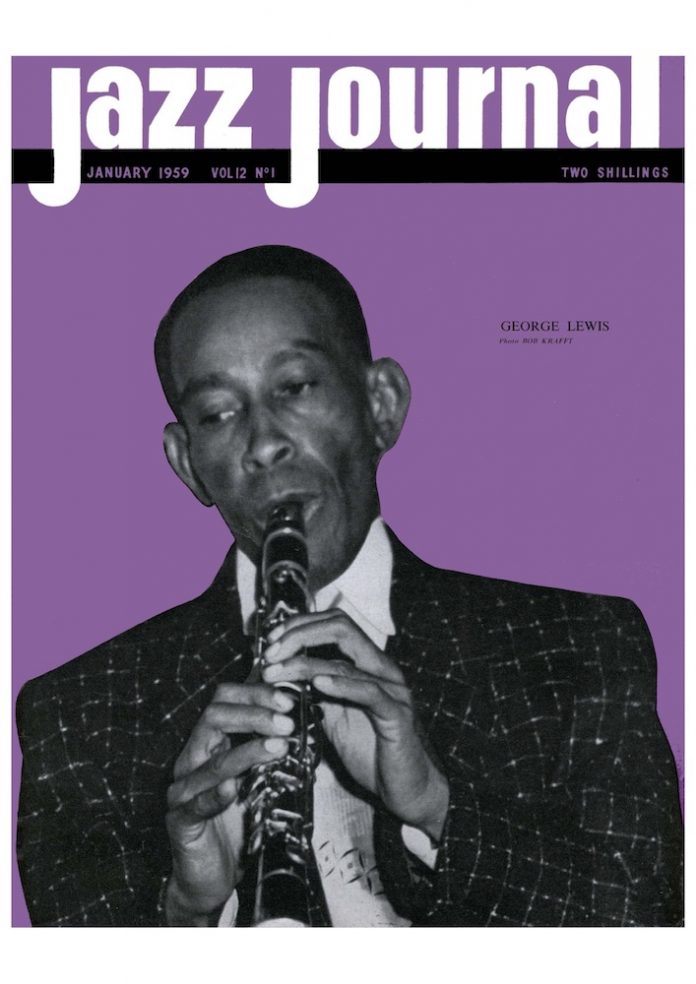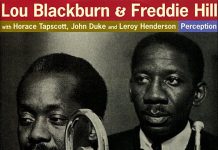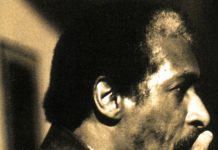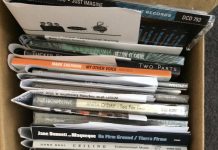It’s me, speaking from another dimension . . .
I was talking to a colleague a week or so back, about the great change that Jazz Journal has undergone and about the status of writing online. We had the usual slightly geeky exchange, the kind of thing that is only of interest to fellow-exponents, like saxophonists discussing reeds or composers comparing Caran d’Ache and Staedtler pencils. We briefly celebrated that the tyranny of “wordage” was at an end. No more memos from the editor saying “I asked for 800 words and this is 930”. Doesn’t really matter online. But then the apparent freedom masks the important discipline of form and structure. Same thing applies with jazz, I guess. When you can wibble on at LP or CD length, you don’t need to worry about the strictures of a three-minute 78 side. Does it make you any better or any worse as an artist? Discuss.
I shall miss the old-style JJ slapping onto the mat, but it seems to me, speaking with no editorial authority whatsoever, that nothing much else has changed
We spent a bit of time – without actually mentioning “hot metal” – in nostalgic appreciation of paper, ink, art work, confessing to an inability to read much at length on screen and an implacable hatred of Kindles. I think the name’s appropriate; they should all be burned. But it did get more philosophical. Is there something less substantial, less connected, something second-order about writing online? Given that everyone can express his and her views in cyberspace, is there a danger that professional reviewing is on the brink of dying out? Well, given that many professional reviewers think that five professional reviewers chained together at the bottom of the sea is . . . a good start (old lawyer joke, boom boom) there may be something to be said for the democratisation of opinion.
I shall miss the old-style JJ slapping onto the mat, but it seems to me, speaking with no editorial authority whatsoever, that nothing much else has changed. The mag has perhaps slipped the bounds of both earth and advertising imperatives and continued much as before. The important thing is our engagement with the music, not whether it’s on glossy paper or pixels.
Opening gag aside, I don’t feel a bit like I’m ventriloquizing from behind an astral curtain or rapping on a table. One of the benefits of advancing age is that you stop being excited by the sight of your own name in print. I remember years ago staring at my bylines in a kind of wonder, as if I had just met a mysterious doppelganger who had taken my name, a secret sharer who seemed to have the same ideas I did, only an ability to express them better.
It’s important to remember that there was a time when recording music at all was regarded as a bit of a disaster, if not an invitation to plagiarism then certainly a surrender of quality control to hiss and crackle and wow and flutter and compression. I was as guilty as any of insisting that live music was the “real” thing and recording only the poor second cousin. Since then, I’ve gone through 45s, LP, cassette, eight-track (we used to boost them out of abandoned American cars when the Polaris base was in Dunoon), CD, even DAT for God’s sake, and now various MP3, WeTransfer, Dropbox fixes that are as strange and wonderful to me as anything to be encountered at a séance. I press “download” and a whole album extrudes into the room like ectoplasm. It even messes with the time-space continuum. One moment there’s a minute forty-two to go, the next it’s two minutes and four. Spooky.
I’ve never run a blog I avoid chatrooms, “threads” and WhatsApp, but journalism is journalism. You sit. You type. You apologise for it being late and you ask, with a well-toned mixture of pathos and truculence: Will this do? Plus ça change . . .
* * * * * * * * * * * *
I was talking to the same colleague – not a JJ person – about a phenomenon that falls somewhere between “local scene” and “big in Japan” Some artists, and this applies to jazz particularly, I think, develop an identity that’s very specific to place, but not their home turf. I was reminiscing about a BBC trip to Finland (my sister is there at the moment) and sitting in a café in Helsinki when an impressively whiskered, dark-skinned, white-haired man sauntered down the street. What was striking was how often he was greeted by drinkers and passers by.
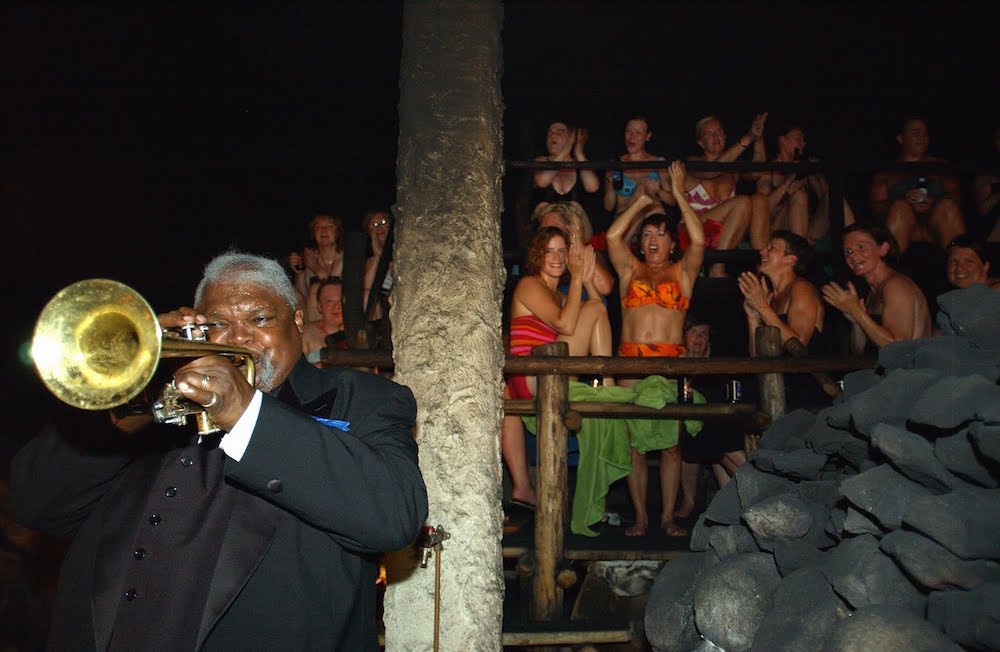
I had a senior moment when talking to my friend. I could remember the moment vividly, and its significance, and its relevance this year, but Not His Bloody Name. I got as far as “Tears For Dolphy” but stuck there and it was an hour or two before I remembered turning to my producer and saying “That guy looks exactly like Ted Curson”. But what was the trumpeter doing pressing the flesh in a Helsinki side-street? Truth was that Ted had become something of a celebrity in Finland. The Finns, a reticent people, took him to their hearts and very much regarded him as one of their own. He’d been a regular at the Pori festival since it began in the mid 1960s, when he was done with playing for Mingus, Bill Barron, Archie Shepp, Cecil Taylor, and beginning to cut out on his own. The New Thing And The Blue Thing is still one of my favourite records, but Tears For Dolphy, 55 years old this year just as Eric is 55 years gone, is on my desert island list.
I found it unaccountably touching to see a jazz musician greeted like that. We spent an unplanned hour with Ted and his anecdotes, but the tape was a bugger to edit because we were interrupted so often. Like Don Cherry in Stockholm and Warsaw, he just seemed to belong. We probably like to think that alienation is the paradigm for a jazz guy, but not necessarily . . .

